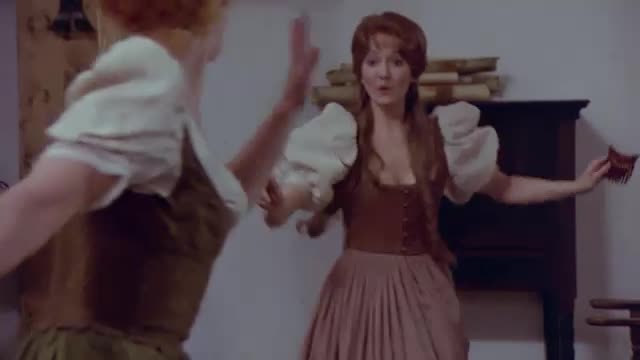Bacquier initially studied to be a commercial artist, and during the wartime occupation of France undertook his national service on the railways. But having been fascinated by singing from his childhood, he entered the Paris Conservatoire in 1945 and graduated in 1950 with first prizes for singing, opera and operetta, having paid his way by singing in cinemas and bars. Between 1950 and 1952 he sang with the private opera company of José Beckmans, after which he was a member of the Théâtre de la Monnaie in Brussels from 1953 to 1956. Here he sang in both French opera and operetta, as well as in the popular international repertoire. Bacquier made his début at the Paris Opéra-Comique in 1956 as Sharpless/Madama Butterfly and at the Paris Opera in 1958 as Germont père/La traviata. Two years later he sang the title rôle in Don Giovanni at the Aix-en-Provence Festival and took over the title rôle in Rigoletto at short notice at the Paris Opera. This resulted in him becoming a member of the company, making his début in this capacity as Scarpia in Tosca opposite Renata Tebaldi.
With his international career now launched, in 1962 Bacquier appeared at the Glyndebourne Festival as Count Almaviva/Le nozze di Figaro and made his North American début as the High Priest/Samson et Dalila in Chicago. He repeated this rôle for his 1964 début at the Metropolitan Opera, New York, where he sang for an uninterrupted eighteen seasons, appearing inter alia as Golaud/Pelléas et Mélisande, the four baritone leads in Les Contes d’Hoffmann, Iago/Otello, Dr Bartolo/Il barbiere di Siviglia, Don Giovanni and Leporello/Don Giovanni and the title rôle in Don Pasquale. He sang in Philadelphia between 1963 and 1968, in Seattle in 1968 and with the San Francisco Opera in 1971. From the early 1960s onwards Bacquier was a frequent guest at the Vienna State Opera (début 1963 Don Giovanni); Royal Opera House, Covent Garden (début 1964 Riccardo/I puritani); Teatro Colón, Buenos Aires and La Scala, Milan (having participated in the first performances of Jean-Pierre Rivière’s Pour un Don Quichotte at the Piccola Scalain 1961). During the 1970s, by now with an extremely rich voice and commanding stage presence, Bacquier was a key member of the Paris Opera ensemble of Rolf Liebermann. A notable Falstaff, he appeared in this rôle at the Holland Festival of 1972 and in a 1979 film version directed by Götz Friedrich. He retired in 1994 with a farewell performance as Don Pasquale at the Opéra-Comique, having also scored a great success as The King of Clubs in Prokofiev’s L’Amour des trois oranges at the Lyons Opera. He has taught widely, at the Paris Opera, the Paris Conservatoire and at the Académie de Musique de Monaco.
A highly polished performer, Bacquier possessed a baritone voice of exemplary smoothness and range, to which was added a sure dramatic sense and exceptional musicianship. He excelled in rôles which required high levels of suavity and a strong stage presence, such as Don Giovanni, Scarpia and the four villains of Hoffmann, while at the same time his superb sense of timing made him a brilliant comic artist, for instance in Don Pasquale and Il barbiere di Siviglia. Unusually for a French artist he easily bridged the worlds of French and Italian opera, being equally comfortable in both. He was fortunate that his prime coincided with a period of vigorous activity in the recording industry, so that his art has been preserved in many fine commercial recordings.
© Naxos Rights International Ltd. — David Patmore (A–Z of Singers).
| Title | |
| VERDI, G.: Falstaff (Studio Production, 1979) | |

|
VERDI, G.: Falstaff (Studio Production, 1979)
Composer:
Verdi, Giuseppe
Artists:
Armstrong, Karan -- Bacquier, Gabriel -- Cold, Ulrik -- Cosotti, Max-Rene -- Ihloff, Jutta Renate -- Lanigan, John -- Lindenstrand, Sylvia -- Maus, Peter -- Solti, Georg -- Stilwell, Richard -- Szirmay, Marta -- Vienna Philharmonic Orchestra -- Vienna State Opera Chorus
Label/Producer: UNITEL |
